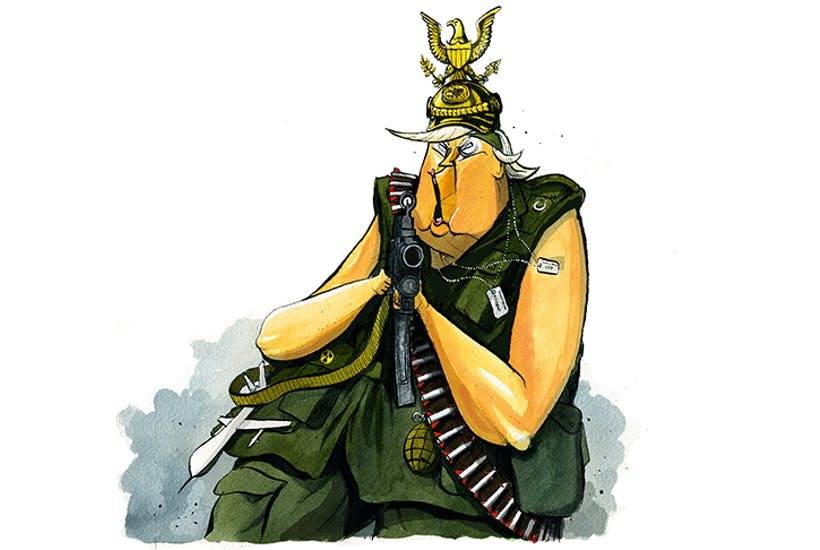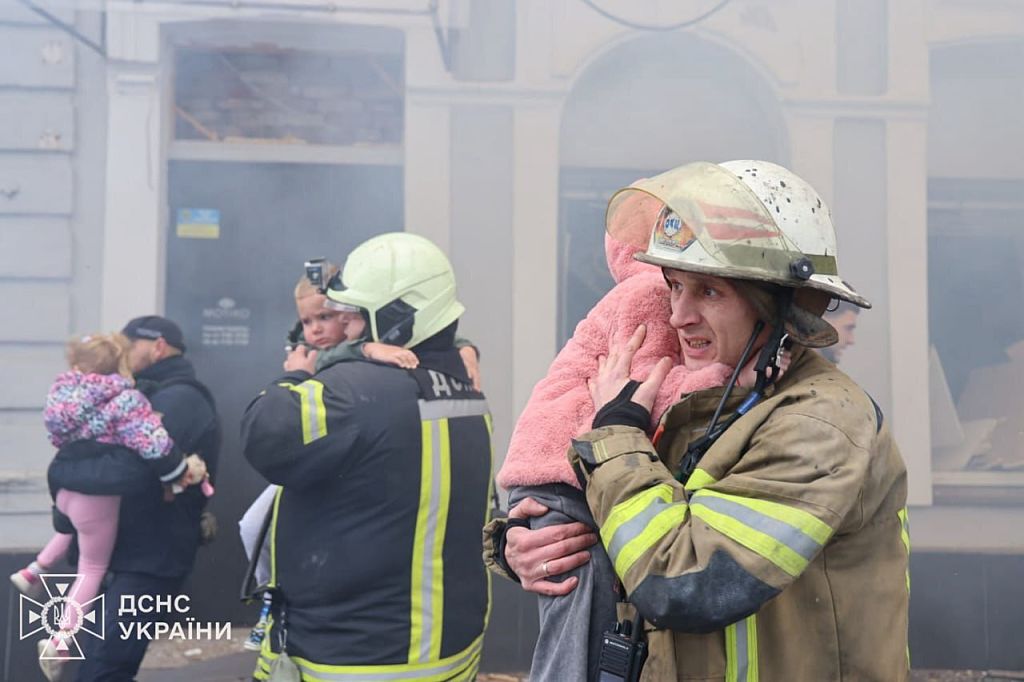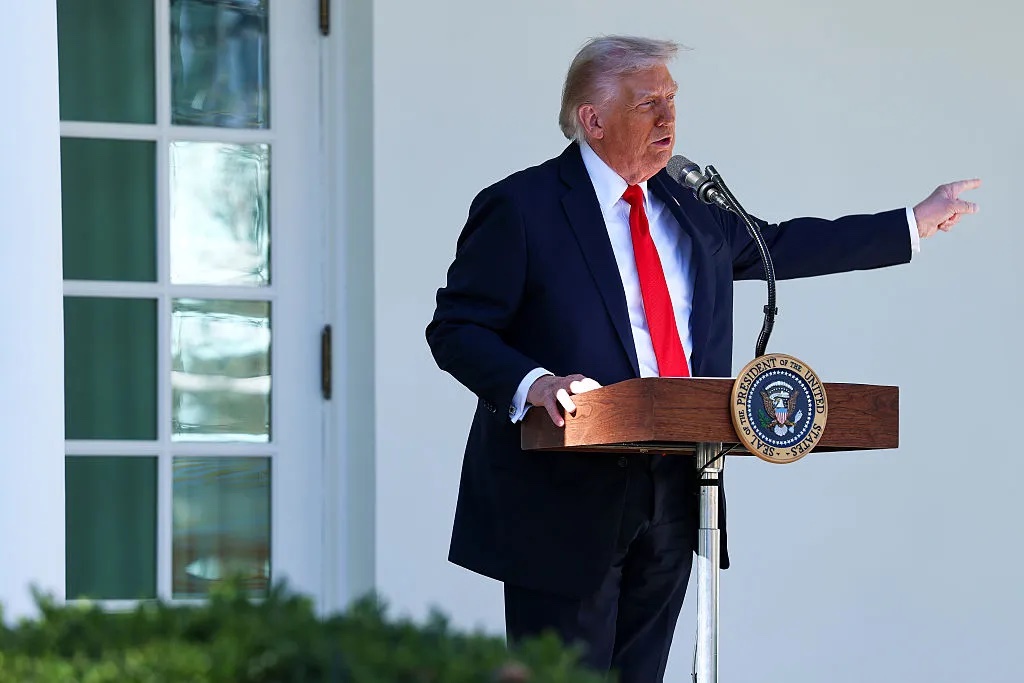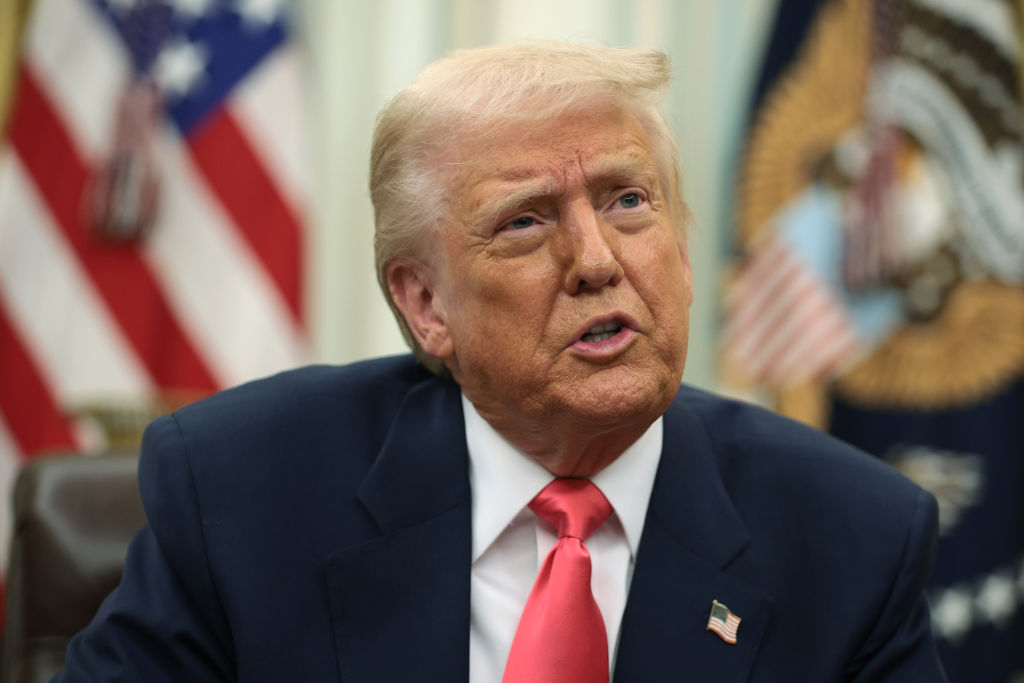When it comes to military action against the Assad regime, the United States again confronts one of the most fundamental questions of the American constitutional republic: does the president have the authority to order U.S. military force without the expressed authorisation of Congress?
If you ask most executive branch officials, you would probably hear an affirmative “yes.” Generally, the case rests on a baseline argument: as Commander-in-Chief of the U.S. Armed Forces, the president has the inherent power under Article I of the Constitution to protect and defend the United States. While Congress has the authority to declare war, they claim, the president also has the authority to deploy the U.S. military when it is needed to promote the U.S. national interest. A significant number of lawmakers accept this interpretation; Chairman Bob Corker of the Foreign Relations Committee has gone as far as suggesting that the legislative branch need not provide authorisation if an operation is “surgical” in nature.
How Congress got to the point of abdicating so much of its constitutional responsibility would take a long time to explain. Far less of a challenge is refuting the extremely broad theory that successive American presidents have used to cloak military action in the mask of legality. It takes very little time because the U.S. Constitution and the 1973 War Powers Act, could not be more clear on the matter – unless the United States is under attack or is in a situation where an attack is imminent, the president has a binding obligation to approach Congress and win congressional approval before the cruise missiles start flying.
One does not need not be a constitutional attorney to comprehend this basic concept; it is in black-and-white in the nation’s founding document. Any other legal theory conjured up over the decades since is contrary to the principles codified in the Constitution and an infringement on the core concept of separation of powers. People who work in politics will think that is a fusty point. That doesn’t stop it being true.
The founders of the American Republic were smart enough to understand that while it is easy for a nation to start a war, it can be enormously difficult to end. It is far wiser to debate the costs and benefits of military action on the front-end rather than diving into a conflict without a national consensus.
The founders also recognised that the executive is the branch most susceptible to launching a war because it retains control of the military. The decision to wage war is placed in the hands of the legislature for a reason: it is the body most accountable to the American people. Due in part to extreme deference by that very institution, engaging in hostilities around the world today is now a quick and painless decision.
Many facets of the Syrian conflict that are mindbendingly complex. One thing, though, could not be more clear: if President Trump conducts air or missile strikes against the Assad regime without congressional authorisation, he will be one more president who chose the path of least resistance over abiding by the Constitution.

























